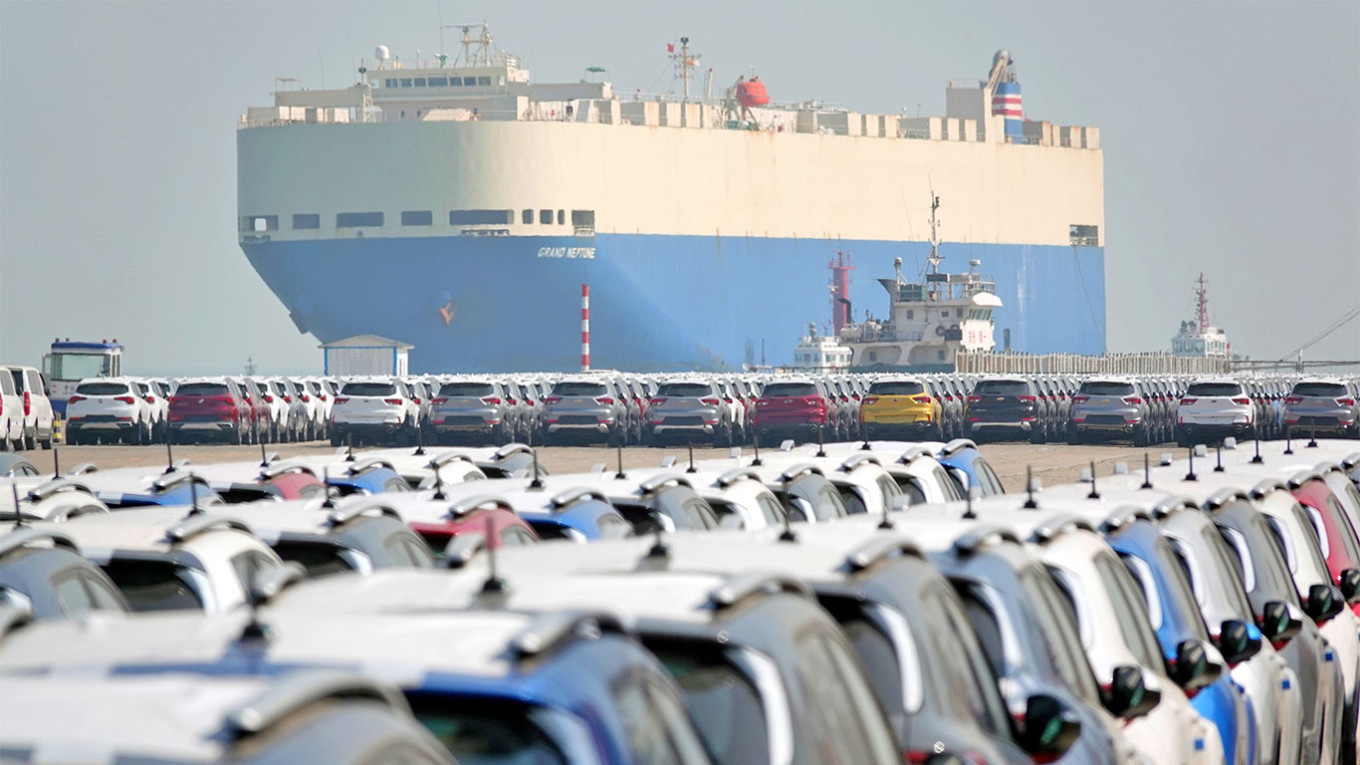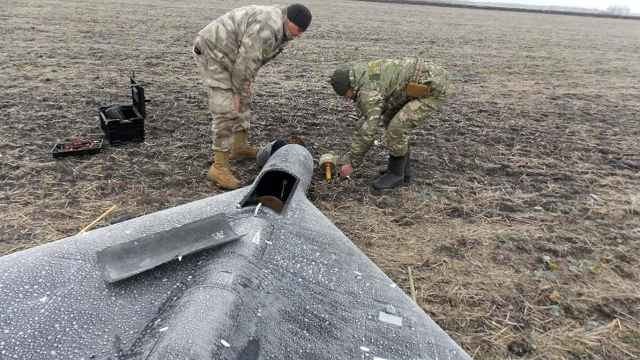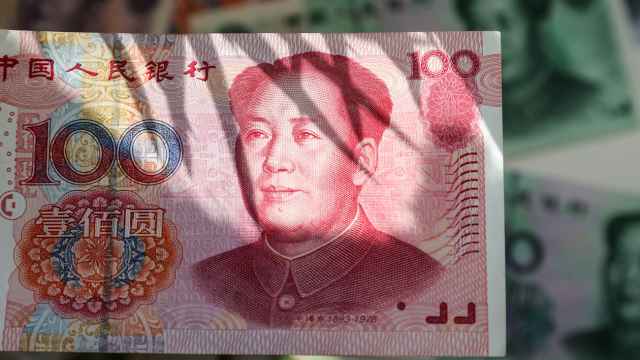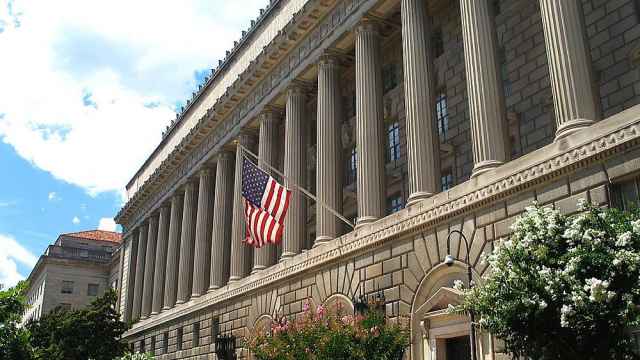President Vladimir Putin hailed Russia and China’s growing trade ties last week on his first foreign visit since winning re-election.
According to the Russian leader, while a turnover of $100 billion in bilateral trade between Moscow and Beijing was considered a major success a few years ago, this figure now exceeds $200 billion.
“Chinese data shows $240 billion, to be more precise. And we can go even further,” he boasted at the opening of the Russian-Chinese Expo in Harbin last week.
Earlier in Beijing, Putin told Chinese leader Xi Jinping how "timely" their decision to handle bilateral trade in national currencies was.
"Today, 90% of all payments are already made in rubles and yuan," Putin said, noting that this measure has helped boost Russia-China trade operations.
Trade turnover between the two countries has indeed significantly expanded since the start of Russia's 2022 invasion of Ukraine, which sparked sanctions that sought to block Moscow's technological imports from the West.
But after the U.S. in December 2023 introduced restrictions on foreign banks that conduct significant transactions or provide services that support Russia's war machine, the prospects are less rosy.
Nearly any item from electronics to car parts can now be considered a dual-use product. As a result, Chinese banks have become significantly more cautious when dealing with transactions from Russia — threatening the trading relationship that Russia’s economy depends on.
Russia-China trade partnership
While Russia mainly exports raw materials to China, the bulk of what goes in the other direction is electronics, equipment and machinery.
In 2022, Russia’s imports from China surged due to Western sanctions and the realignment of trade routes as part of Moscow's “pivot to the East.” Russia's imports of Chinese electronics and machinery that year increased by 15-20% on average compared to 2021, as is evident from the countries' customs statistics. This trend intensified even more in 2023, with imports of these goods growing another 20-25% year-on-year.
At the same time, the share of Chinese products in Russia's overall machinery and electronics imports has also grown significantly in the last two years.
In 2022, China accounted for approximately 55-60% of Russia’s imports in this category. This figure grew further in 2023, reaching about 65-70%. Media reports, citing sources in the U.S. presidential administration, said that Russia received about 90% of its microelectronics from China in 2023.
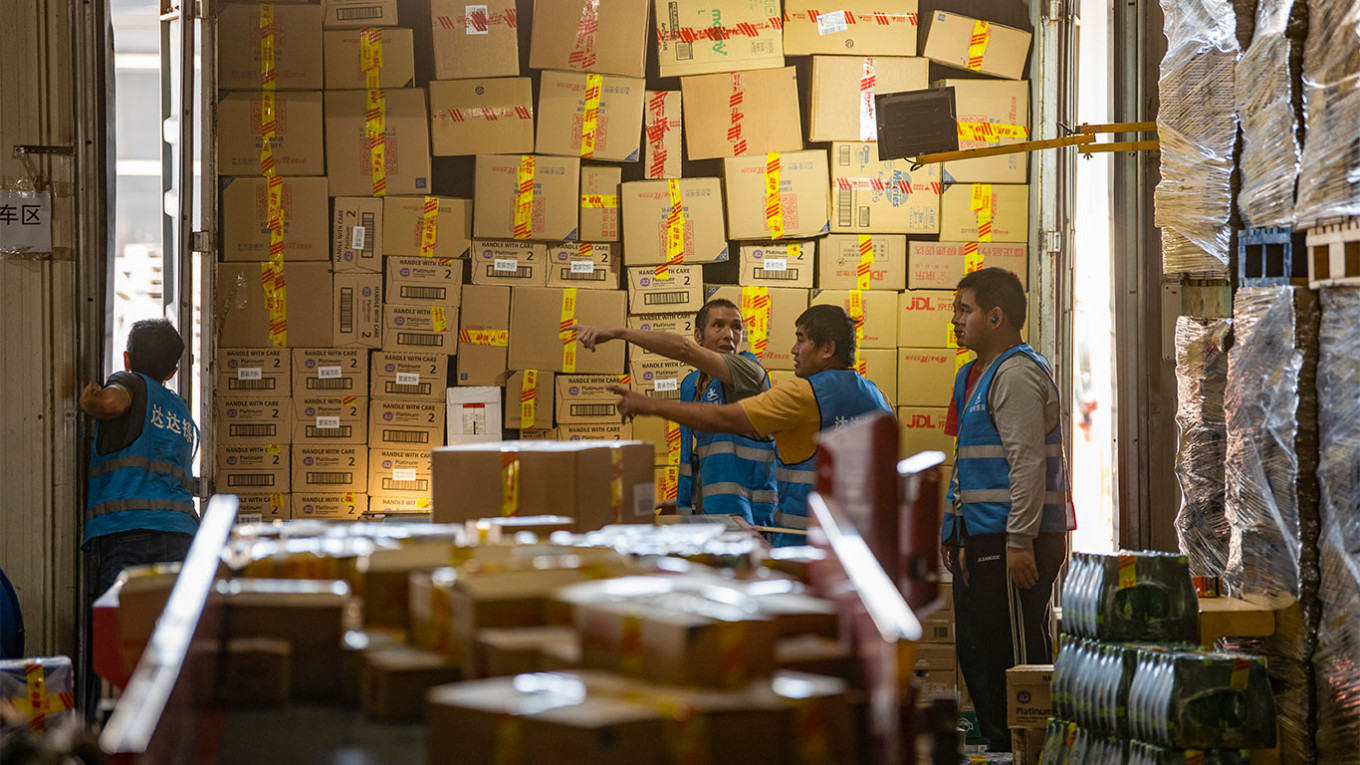
"Over the past two years, China has become Russia’s primary trading partner and continues to import Russian commodities, especially oil,” Kimberly Donovan, the director of the Economic Statecraft Initiative within the Atlantic Council’s GeoEconomics Center, said ahead of Putin's state visit to China this month.
“The two countries are trading in Chinese yuan and Russian rubles, which allows them to circumvent Western sanctions because the transactions are taking place outside of the U.S. dollar, euro and other Group of Seven (G7) sanctions coalition currencies,” the expert added.
Trading in yuan and rubles may have helped avoid Western sanctions until recently. But it is evident that Washington’s December 2023 restrictions have if not closed, then at least significantly limited this window of opportunity.
Signs of decline
Since the beginning of 2024, the upward trend of imports has started to reverse. According to Chinese customs data, the country's exports to Russia fell for the first time since the start of the war in Ukraine, declining by nearly 16% in March 2024 compared to the same period last year. The drop came after major Chinese banks started restricting payments from Russian banks.
The situation with payments from Russia to China deteriorated sharply at the end of March, with about 80% of transactions returned, an anonymous source in the Russian business community told the Izvestia newspaper.
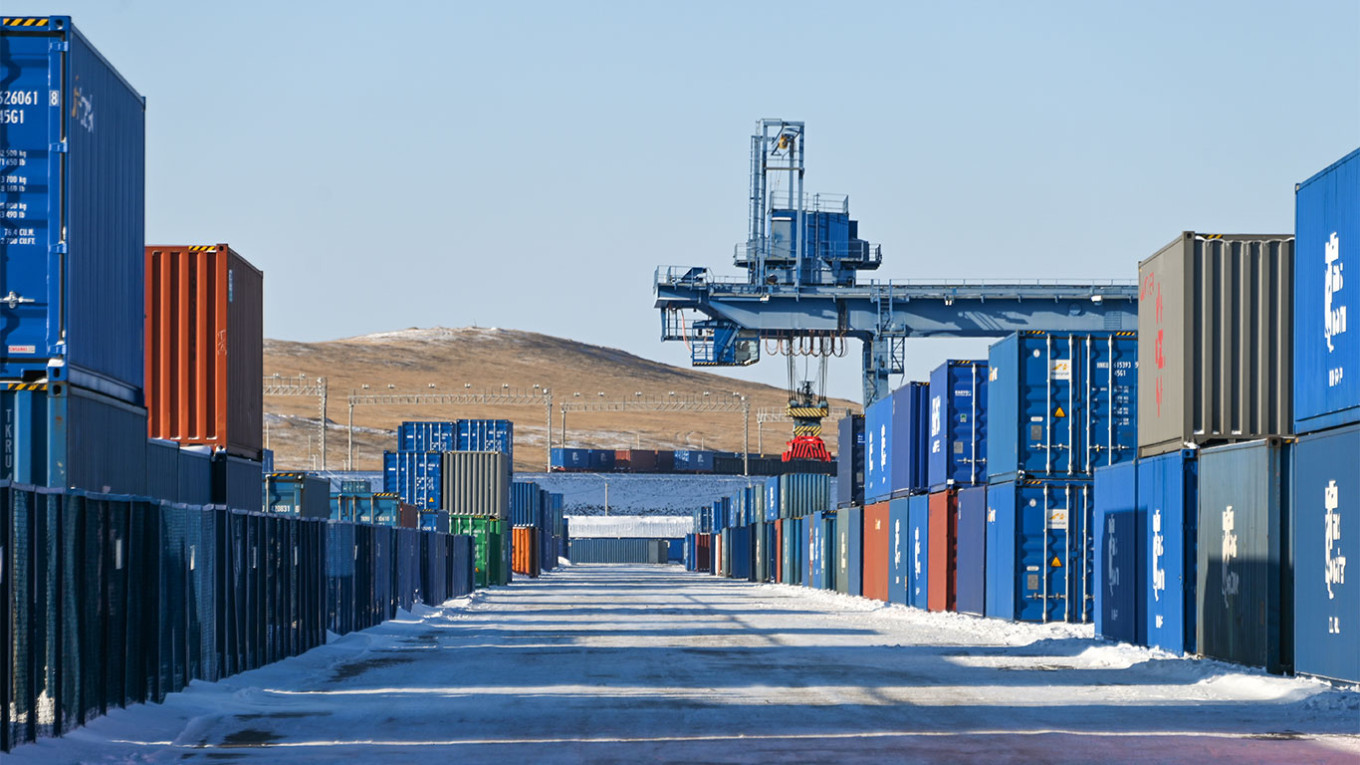
The difficulties are mainly with China's largest banks which are in plain sight of U.S. regulators. While small financial organizations are still working with Russia, they lack the capacity to process a substantial volume of transactions, the source said.
And if before there were problems with transactions in U.S. dollars, now there are difficulties with payments in yuan — a notable development considering Putin’s boasts that nearly all transactions between Russia and China are now conducted in national currencies.
Since sending yuan to China has become a major problem, the import of equipment was very difficult in April and is unlikely to improve in May, a source in the Russian business community told Izvestia.
An entrepreneur from Izhevsk, hometown of the Kalashnikov rifle manufacturer, who is purchasing equipment for machine tools in China, told the Vedomosti business newspaper that initially, in December, a Chinese bank he was working with notified him it was ceasing payments for a specific list of goods, the import of which into Russia is prohibited by Western sanctions.
However, several weeks later, a bank manager announced they were completely canceling settlements with Russia regardless of the product or the payment currency.
Another of Vedomosti’s sources noted that in this case, making settlements does not depend on the payment system — transactions have been discontinued not only through SWIFT but also through the Russian SPFS and the Chinese CIPS.
"Even if the movement of payments through national systems is not visible to Americans or Europeans, all of this is clearly reflected in the reporting that the bank's Western counterparts may demand," he told the paper.
Is there a solution?
Currently, only the Shanghai branch of Russian state lender VTB is operating without failures, as it is the only Russian bank with a financial license to conduct banking operations in China, it says on its website. Other Russian banks are still unable or unwilling to open branches in the country. This leaves businesses little options to conduct transactions.
Ahead of Putin's state visit to Beijing, observers expected the issue of financial transactions to be one of the key points of his agenda during talks with his Chinese counterpart. Yet it is unclear whether the matter was actually resolved or even raised.
"First of all, issues related to settlements are discussed at the level of participants of economic activity. Solutions are possible, they are there. Of course, they should be supported at the state level in one way or another. I hope this will be the case," Putin said after the talks.
Meanwhile, Kirill Dmitriev, the CEO of the Russian Direct Investment Fund (RDIF), has proposed using the BRICS economic bloc, which Russia is chairing this year, as a solution to help boost Russian-Chinese cooperation.
The RDIF, as part of Moscow's chairmanship, will consider opportunities for creating a joint financial and investment infrastructure among the BRICS countries, including both the system of mutual settlements and joint investment platforms, Dmitriev said at a news conference in China.
He did not specify when this initiative could become operational, and how exactly it would work with transactions in national currencies, meaning that payments to China — as well as imports from it — will continue to be difficult.
A Message from The Moscow Times:
Dear readers,
We are facing unprecedented challenges. Russia's Prosecutor General's Office has designated The Moscow Times as an "undesirable" organization, criminalizing our work and putting our staff at risk of prosecution. This follows our earlier unjust labeling as a "foreign agent."
These actions are direct attempts to silence independent journalism in Russia. The authorities claim our work "discredits the decisions of the Russian leadership." We see things differently: we strive to provide accurate, unbiased reporting on Russia.
We, the journalists of The Moscow Times, refuse to be silenced. But to continue our work, we need your help.
Your support, no matter how small, makes a world of difference. If you can, please support us monthly starting from just $2. It's quick to set up, and every contribution makes a significant impact.
By supporting The Moscow Times, you're defending open, independent journalism in the face of repression. Thank you for standing with us.
Remind me later.



